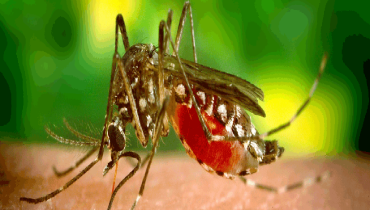Understanding the life cycle of a mosquito is essential for effective pest control. It helps us find ways to interrupt t
Learn moreMosquito Joe® Blog
Shared Resources for Your Pest Control Needs

EPA PESP Gold Member Status: A Milestone in Environmental Stewardship
We’re thrilled to announce that Mosquito Joe has achieved Gold Status within this program, a prestigious recognition reserved for “outstanding environmental stewards.
Showing 61 Results for Mosquito Control
Mosquito Joe® is dedicated to providing you with high-quality pest control services whenever you need them. We’re also here to answer any questions you may have.
Learn moreIf you want to get rid of mosquitoes, you need to learn more about how they end up on your property in the first place! Understanding the steps
Learn moreNothing ruins a fun backyard get-together quicker than mosquitoes. They are annoying and can also transmit diseases that are harmful
Learn moreA sandbox can create hours of fun for kids but sharing it with bugs is nobody’s idea of a fun time. If you’re looking for safe and
Learn moreHave you wondered about mosquito vision? Maybe yes, maybe no, but you’ve undoubtedly experienced first-hand that these pesky insect
Learn moreBlog Category
About Mosquito Joe®
Find a Mosquito Joe Near Me
Let us know how we can help you today.
*Indicates a required field



.webp)

.webp)